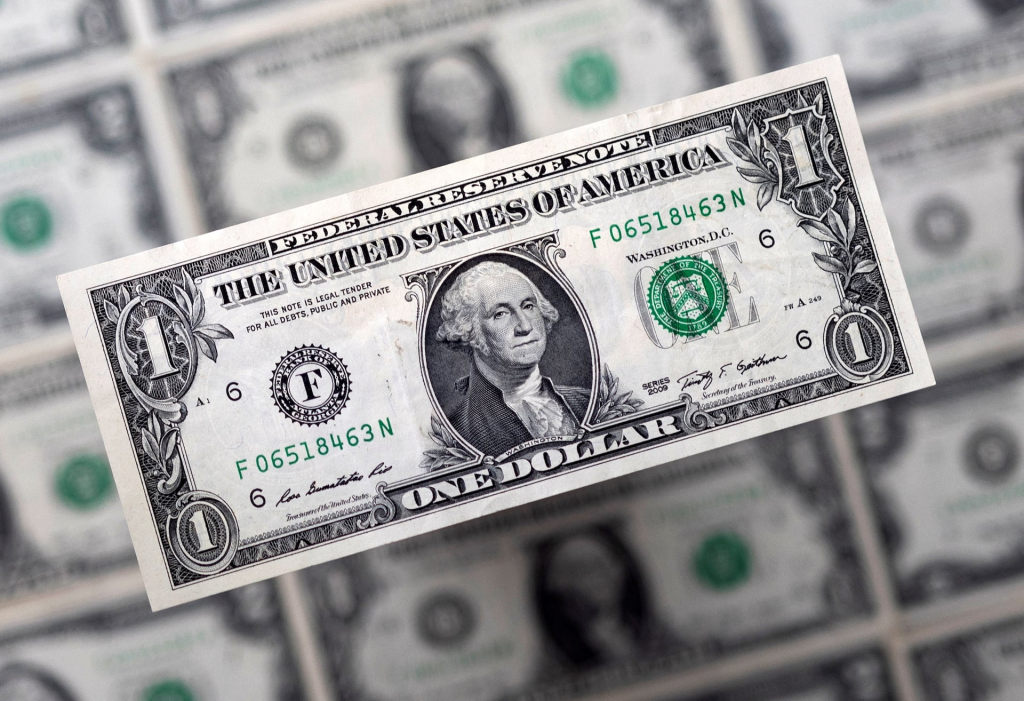The dollar edged down on Monday but remained within striking distance of its highest level in almost two weeks, as investors’ focus moved to a U.S. jobs report due at the end of this week.
U.S. payrolls, due on Friday, will be crucial after Federal Reserve chair Jerome Powell pivoted from a battle against inflation to a readiness to protect against job losses.
Analysts say the job figures will determine the magnitude of the Federal Reserve’s expected rate cut. Markets have already priced in for weeks a cut of 25 basis points.
The greenback advanced to its strongest since Aug. 20, buoyed by a rise in long-term Treasury yields to the highest since mid-August as inflation data pointed to a smaller rate cut and gross domestic product figures indicated the economy was on solid enough footing to give the Federal Reserve room to be less aggressive in easing its policy.
Traders currently lay 33% odds of a 50-bps Fed rate cut this month, while fully pricing in a quarter-point cut. A week earlier, expectations were 36% for the larger reduction.
The dollar index measure against six major peers weakened by 0.10% to 101.65, after hitting 101.79, a level not seen since Aug. 20.
The euro firmed to $1.1062, after hitting $1.1043, its lowest since Aug. 19.
On the political front in Europe, the Alternative for Germany (AfD) was on track to become the first far-right party to win a regional election in Germany since World War Two, projections showed, giving it unprecedented power even if other parties are sure to exclude it from office.
“The only clear lessons are that the far-right AfD continues to resist the temptation of power until they get an outright majority,” said Christian Schulz, deputy chief European economist at Citi.
Some investors worried that political stalemate in Berlin and also in Paris would prevent Europe from moving ahead with integration initiatives they think are necessary to unleash its growth potential and play a bigger role in global affairs.
Money markets reduced their bets on rate cuts from the European Central Bank as August services inflation remained sticky and ECB policymakers provided no clues about additional monetary easing after a widely expected September rate cut.
They have priced in 59 bps worth of rate cuts by year-end from 67 bps right after the release of German inflation data and from 70 bps in mid-August.



